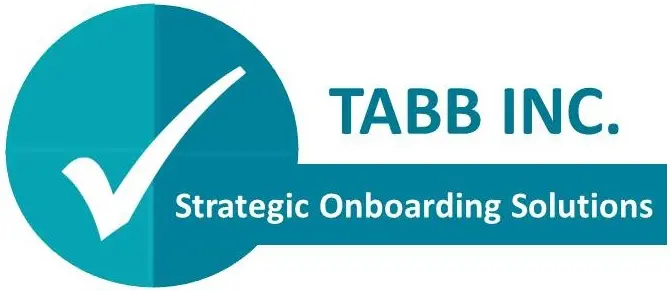Legal issue over Artificial Intelligence
Facebook Business tools faced a class action lawsuit in 2016 alleging that it “enable and encourage discrimination by excluding African-Americans, Latinos and Asian-Americans but not white Americans from receiving advertisements for relevant opportunities.” Another Facebook algorithm, Lookalike Audiences, highlighted Facebook users in advertisements as candidates to potential employers that were demographically identical to their existing workforce. This resulted in enforcing racial and/or gender disparities at the corporations using the service.
The lawsuit alleged that Facebook enabled advertisers to discriminate by excluding individuals based on race, sex, age and other criteria from receiving credit, housing, and job advertisements. Employers beware when using hiring platforms. Seventy employers that utilized Facebook services have pending EEOC charges relating to discrimination by excluding older workers and women and a large class action lawsuit against hundreds of employers.
“As the internet — and platforms like Facebook — play an increasing role in connecting us all to information related to economic opportunities, it’s crucial that micro-targeting not be used to exclude groups that already face discrimination,” said Galen Sherwin, senior staff attorney at the ACLU. “We are pleased Facebook has agreed to take meaningful steps to ensure that discriminatory advertising practices are not given new life in the digital era, and we expect other tech companies to follow Facebook’s lead.”
Lawmakers are now involved up with AI and bias. In August of 2019, Illinois Governor J.B. Pritzker signed the “Artificial Intelligence Video Interview Act” which will provide rights to jobseekers undergoing an application process that involves AI analysis or video interviewing. The law takes effect on January 1, 2020.
A synopsis of the Act states “an employer that asks applicants to record video interviews and uses an artificial intelligence analysis of applicant-submitted videos shall: notify each applicant in writing before the interview that artificial intelligence may be used to analyze the applicant’s facial expressions and consider the applicant’s fitness for the position; provide each applicant with an information sheet before the interview explaining how the artificial intelligence works and what characteristics it uses to evaluate applicants; and obtain written consent from the applicant to be evaluated by the artificial intelligence program.
As a result, automated hiring platforms have enabled discrimination against job applicants. In 2017, the Illinois attorney general opened an investigation into several automated hiring platforms after complaints that a résumé building tool on Jobr effectively excluded older applicants. The platform had a drop-down menu that prevented applicants from listing their college graduation year or year of a first job before 1980.
This information is provided as a public service. While the information on this site is about legal issues, it is not legal advice or legal representation. Because of the rapidly changing nature of the law and our reliance upon outside sources, we make no warranty or guarantee of the accuracy or reliability of information contained herein or at other sites to which we link. We assume no responsibility for any information, advice or services provided by any site to which we link.
